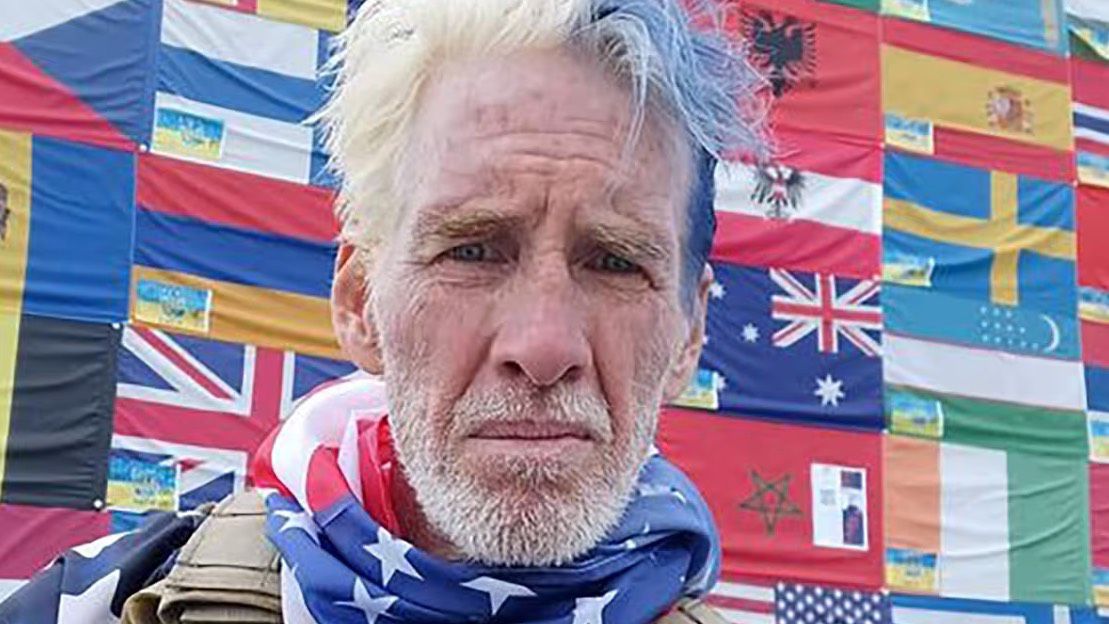The man accused of lying in wait with an assault-style rifle at a West Palm Beach course where Donald Trump was golfing on Sunday was a familiar figure on the pickleball courts at Swanzy Beach Park in Hawaii, where he was known as an affable and available doubles partner who drove a old, beat-up truck, carried a wooden racket battered from repeated dives to the court, and eschewed talk of politics, a member of his pickleball group said in an interview with Spectrum News Hawaii.
Bryant Webster Schultz, 62, is a member of the same pickleball group that meets at the court every Monday, Tuesday, Thursday and Saturday morning. When news broke that there had been another attempt on the former president’s life and that the suspect was from Kaaawa, Webster Schultz thought briefly and benignly about the acquaintance he knew only as “Ryan,” the one person he knew who lived in the area.
The real surprise came later when national media identified the suspect as 58-year-old Ryan Wesley Routh, and the organizer of the pickleball group texted photos taken from online news articles that confirmed the connection.
Routh was charged Monday with a possession of a firearm as a convicted felon and possession of a firearm with an obliterated serial number. Further charges are expected.
Routh was convicted in 2002 for possession of a weapon of mass death and destruction (reportedly a fully automatic machine gun) and again in a 2010 conviction for possession of stolen goods, both in North Carolina.
According to a criminal complaint, Routh is believed to have been on the grounds of Trump’s former course for up to 12 hours before his rifle barrel was spotted protruding from the bushes, several hundreds yards from where Trump was playing, by U.S. Secret Service agents, who then fired in his direction.
Routh fled the scene but was later apprehended while driving a vehicle with a stolen license plate.
One initial image from Routh’s Facebook account that circulated widely showed a disheveled, unshaven Routh wearing what appeared to be an American flag scarf wrapped around his neck and a bullet-proof vest. While the face was unmistakable, the overall image didn’t jibe with the person Webster Schultz knew.
“That’s a non-characteristic picture of him,” Webster Shultz said, who played pickeball with Routh for a few years. “I never saw him wear American flag anything, and he’s usually more clean-shaven.”
Webster Schultz described Routh as “very friendly, very laid back.”
“He’s an exceptionally good sport in the game,” he said. “He never blamed his partner. He was very critical of himself when he made errors. He was a reasonably good player. He’s the only player that dives to make shots. You don’t see that that often in pickleball.”
While Routh generally avoided political talk, the pickleball group was aware that he had traveled to Ukraine in 2022 in an unsuccessful bid to join a combat unit to defend the country and later to try to help recruit foreign fighters. Schultz last played pickeball with Routh about six weeks ago.
“There was one brief thing where I kind of heard his displeasure with having essentially been thrown out of Ukraine,” Webster Schultz said. “But he didn’t talk about Ukraine. He didn’t talk about politics. He didn’t talk conspiracy theories. That was one thing I found that was sort of odd. (Going to Ukraine) was such a big thing to go in and do and be involved with and just not to say much about.”
Then again, Routh rarely said anything about what he did. It was through other people that Webster Schultz knew that Routh had been involved in building tiny houses and that he once took it on himself to repair a pier in the area.
“He just went did it himself; he didn’t get hired or anything,” Webster Schultz said. “He just went and replaced the wood to make it safe. He liked to do things himself, but he didn’t talk about it. He seemed to mostly keep his stuff in the box.”
Michael Tsai covers local and state politics for Spectrum News Hawaii. He can be reached at michael.tsai@charter.com.



